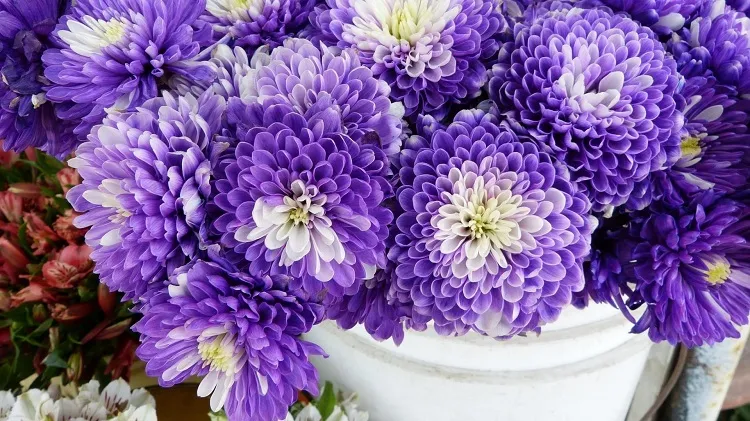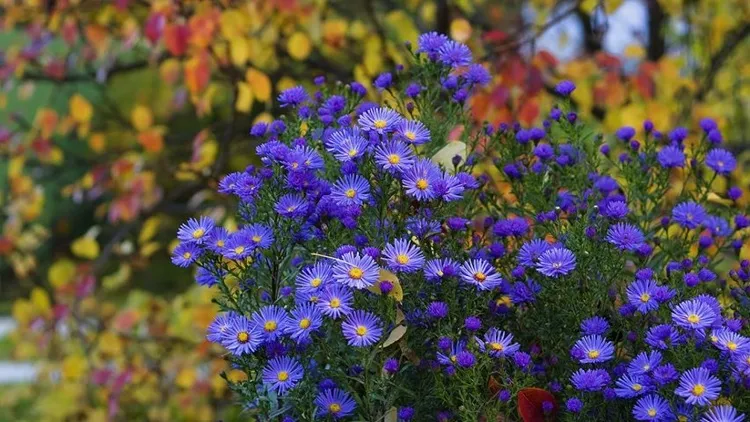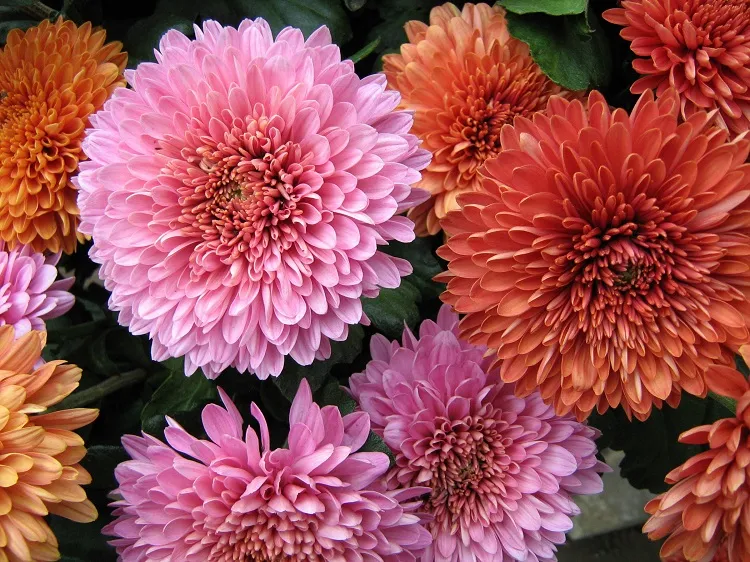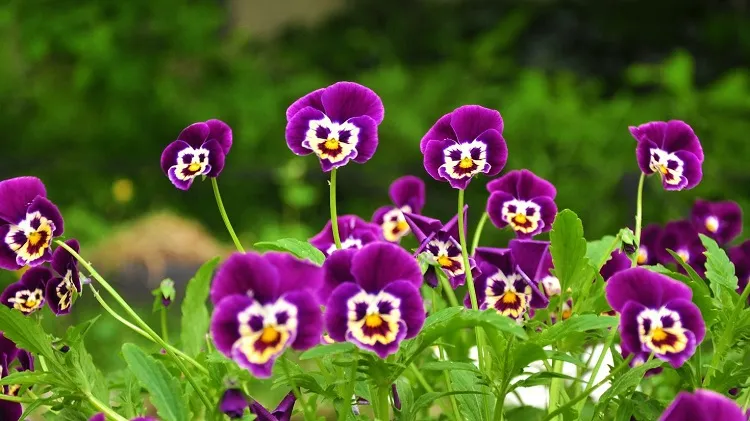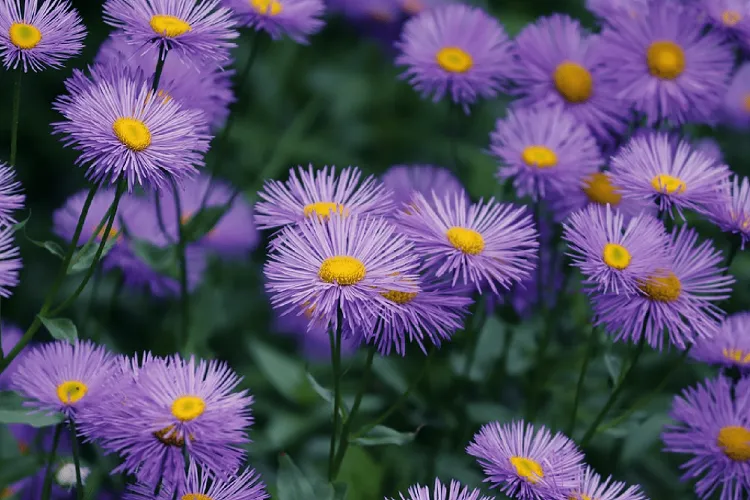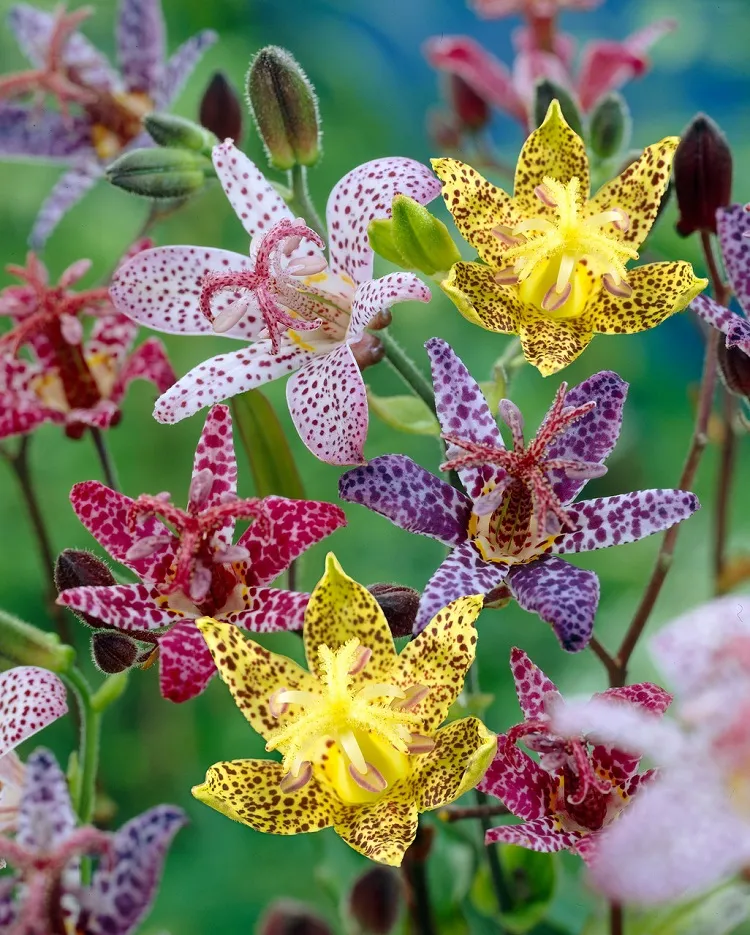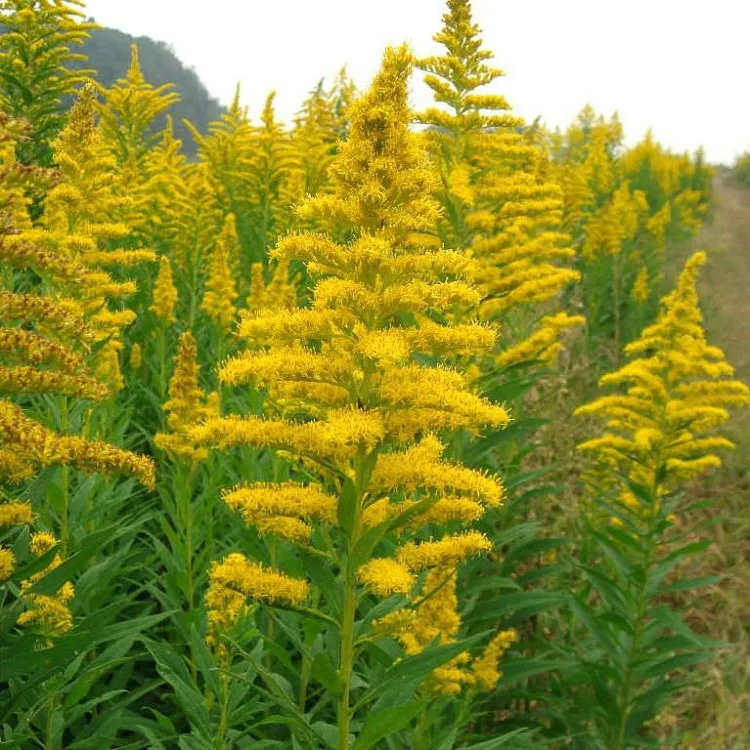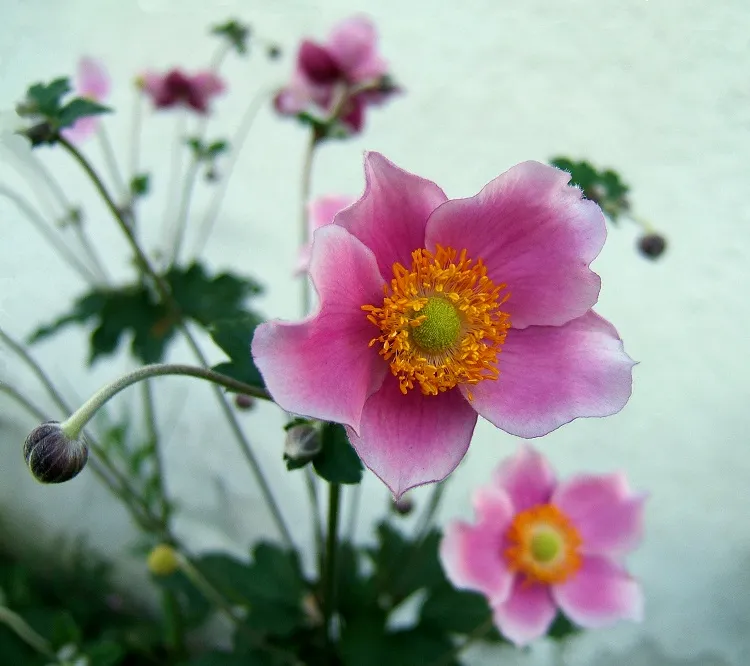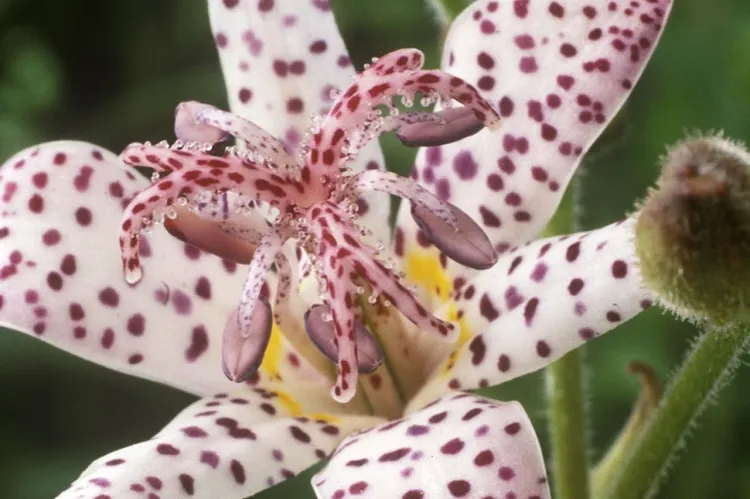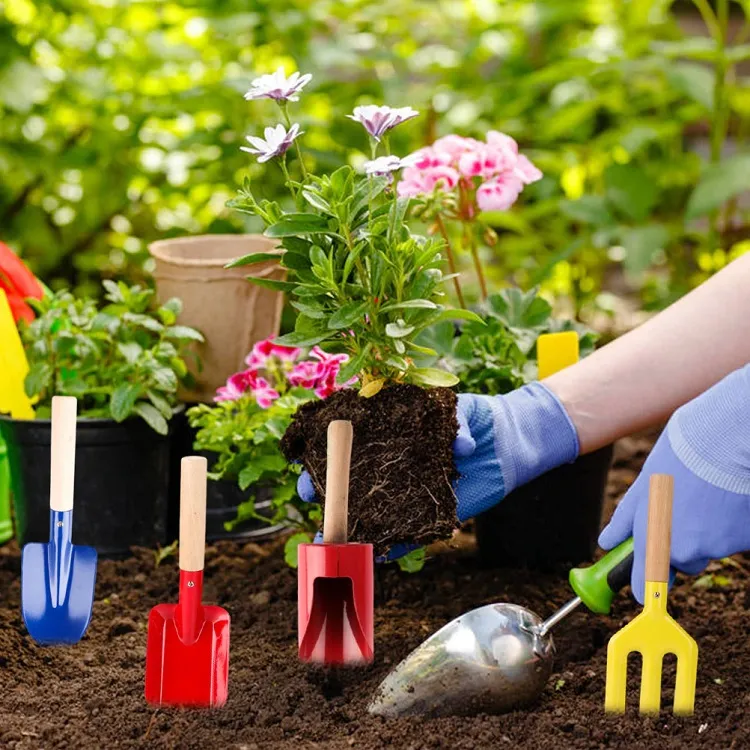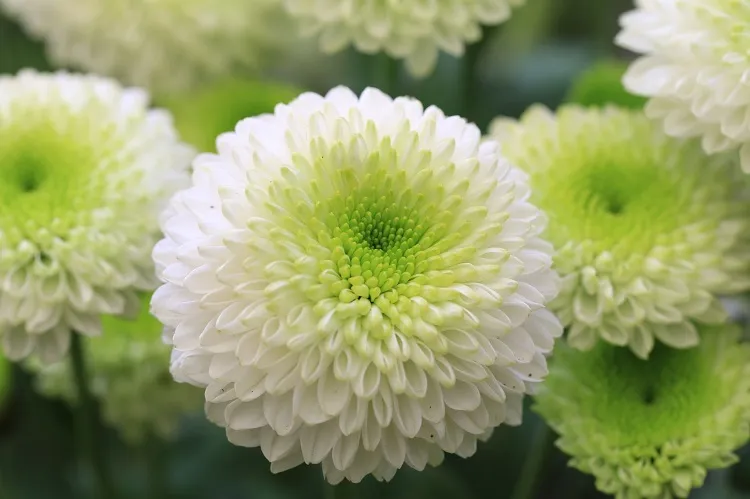As the bright hues of summer begins to dissolve in the warm palette of brown, yellow and orange of fall, there is a reason for a new inspiration for garden enthusiasts. They have a unique opportunity to recreate and adorn their green spaces, this time with new colors and textures. Do you know what fall flowers to plant in your garden? What is the best way to care for them?
What Can I Plant in My Garden for Fall?
Whether you’re attracted by the joyful “faces” of pansies, the wealthy colors of mums, or the fragile elegance of asters, the options of gardening are vast and exciting. Fall gardening is a delightful effort, which allows growing of a bouquet of flowers that bear the cooler temperatures and are adapted for shorter days of the autumn. If you’re wondering what fall flowers to plant in your garden for the forthcoming September, be confident that there are multiple options to select, which will give your garden a lively and fascinating atmosphere for all the autumn months.
Select What Fall Flowers to Plant in Your Garden
When looking for flowers for your fall garden, it’s vital to take care of the particular weather and soil factors at your living region. Some flowers will be better fit to lower temperatures and shorter sunlight exposure, as others might over strain to survive in this ambience. Also, the election of flowers will rely on your personal taste for hues, sizes, and patterns. There are a few pop fall flower varieties to consider growing in your garden:
- Chrysanthemums, or mums: These vibrant flowers are an incarnation of fall warm beauty. They appear in a series of colors, including intensive red, orange, yellow, and purple. Mums are enduring and relatively simple to grow, making them a great choice for gardeners of all mastery levels.
- Cold resistant pansies: The flowers are famous for their cheerful “faces”, which come in a vast array of hues, making them ideal for bringing a touch of delight to your autumn garden. These resistant to cold pansies can endure light frosts and continue to bloom nicely into fall.
- The daisy like asters: They come in palettes of pink, purple, and white. Asters are especially popular for their late-fall blooms and can add a refined nuance to your garden just when other flowers are beginning to wilt.
What Flowers Bloom Best in September?
September signs the alteration from summer to autumn, and while some flowers diminish, others are at their pinnacle of loveliness. Planning what fall flowers to plant in your garden, which will flower best in September, may provide you with an enchanting show of colors and foliage for your walks in the garden during this intermediate period.
- Goldenrod: It is a native wild plant, which flowers in late summer and early fall. Its deep yellow burning florets bring a bit of sunshine to your garden. Goldenrod are also extremely attractive to pollinating bees and butterflies.
- Japanese anemone: This smart flower grows in tender, cup-looking florets, which are dyed in white and pink shades. Japanese anemones feel well in partial shade and give a sense of delicacy and refinement to your fall garden.
 Toad lilies: They are so exceptional and adorable with their orchid-like florets, which flower in September. Toad lilies with their speckled and intricate florets give an element of surprise and something like a tropical vibe to your garden, as they do not resemble the other flowers growing in temperate climate zones.
Toad lilies: They are so exceptional and adorable with their orchid-like florets, which flower in September. Toad lilies with their speckled and intricate florets give an element of surprise and something like a tropical vibe to your garden, as they do not resemble the other flowers growing in temperate climate zones.
How to Care for Your Fall Flowers?
To secure the prosperity of your fall flowers, think about a few basic gardening tips:
- Soil improvement: Prepare the garden beds by placing compost or organic matter to enhance soil structure and productivity. This enriched in nutrients medium will encourage stable growth and vibrant flowering.
 Plants from nurseries: There are autumn flowers, which can be planted from seeds, but a lot of gardeners prefer to buy young plants from nurseries. This measure saves time and the flowers will have enough time to strengthen their roots before the colder weather begins.
Plants from nurseries: There are autumn flowers, which can be planted from seeds, but a lot of gardeners prefer to buy young plants from nurseries. This measure saves time and the flowers will have enough time to strengthen their roots before the colder weather begins.- Constantly wet soil: Proper watering is important, mostly in the weeks following the planting. Ensure to maintain the soil constantly moist, while not waterlogged for a healthy root growing.
- Layer with mulch: Place a good layer of mulch near the plants to retain soil moisture, adjust soil temperature, and not allow weed growth.
- Regular deadheading: Pruning the spent flowers will help to grow new blooms, and prevent the plant from wasting energy into seed formation.
- Protection against frost: Keep an eye on the weather forecasts for the next day. If frost is foretold, cover your flowers with blankets or frost cloths to protect them from freezing.
Read also: Fall flowers for the balcony: 10 + ideas for ornamental plants
And: Typical fall flowers: Find out which are the most beautiful varieties for the balcony

